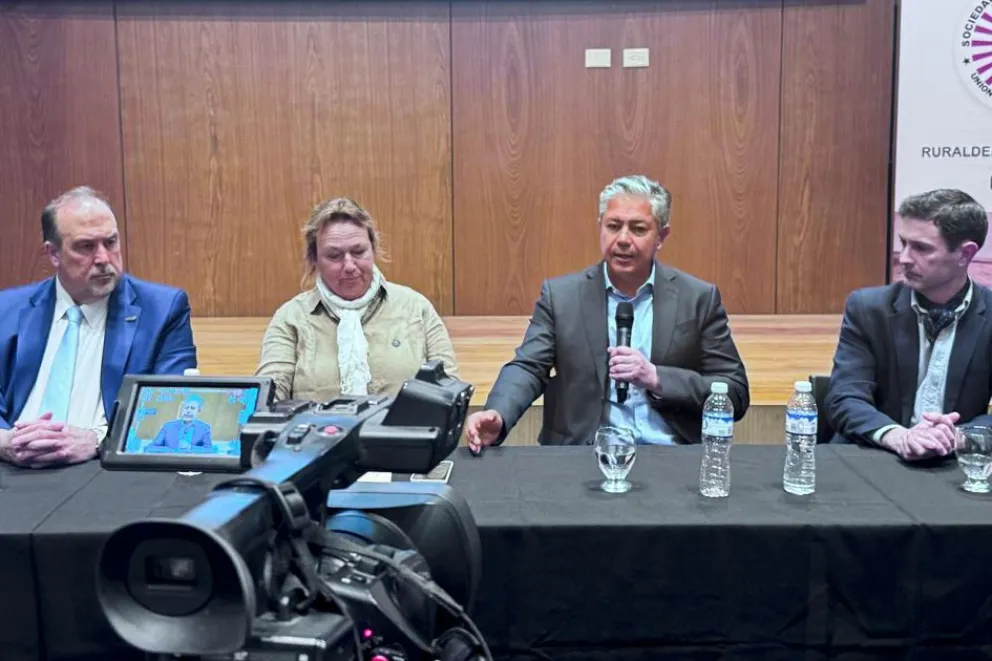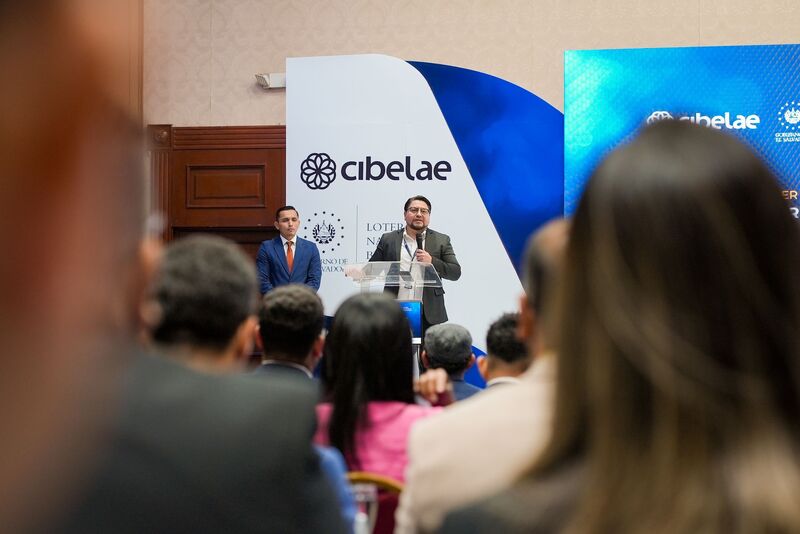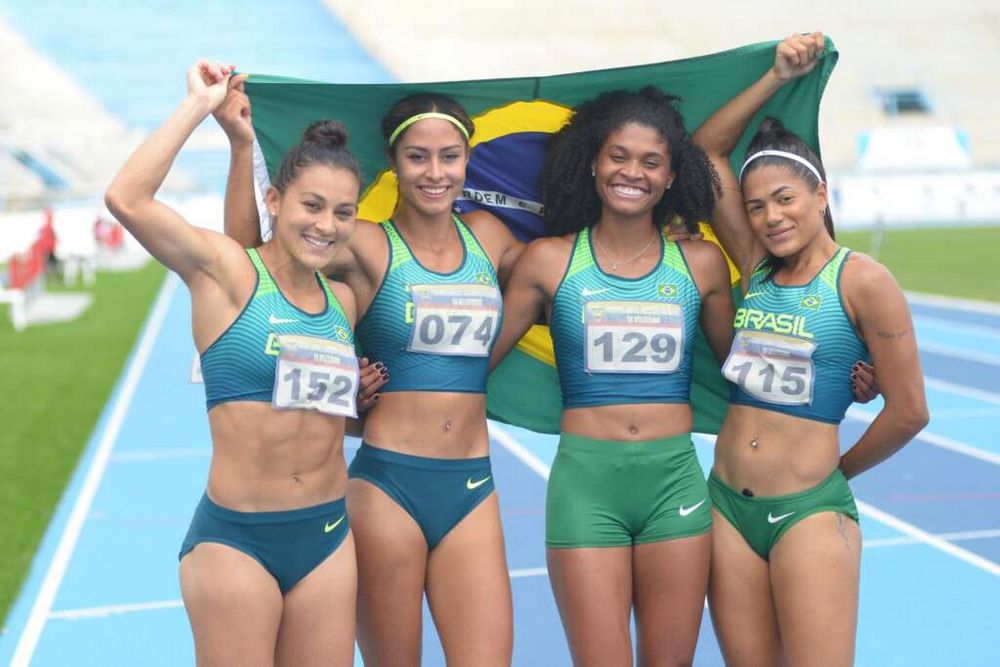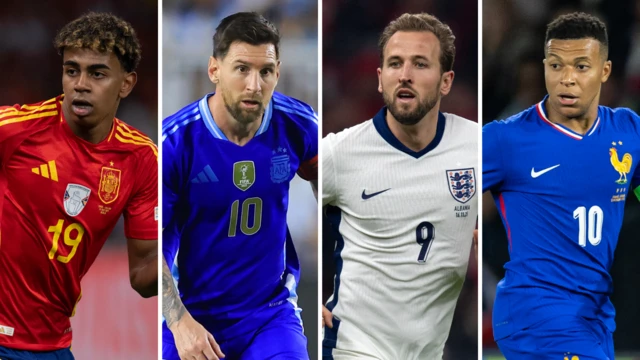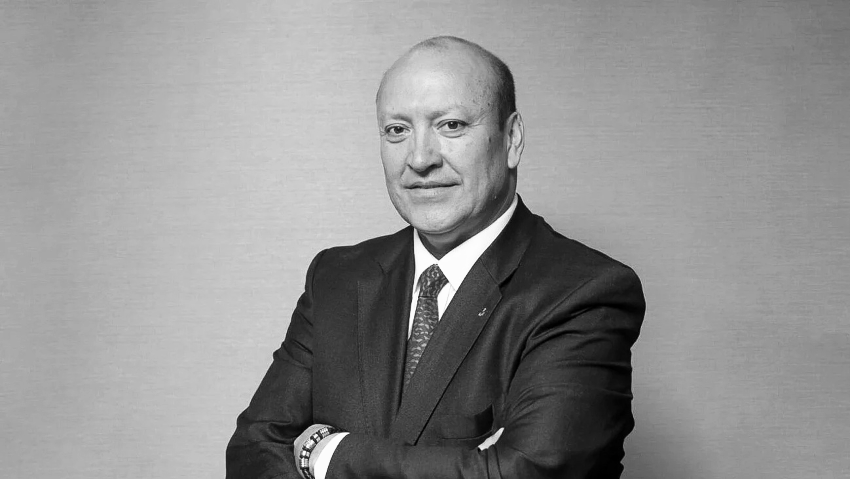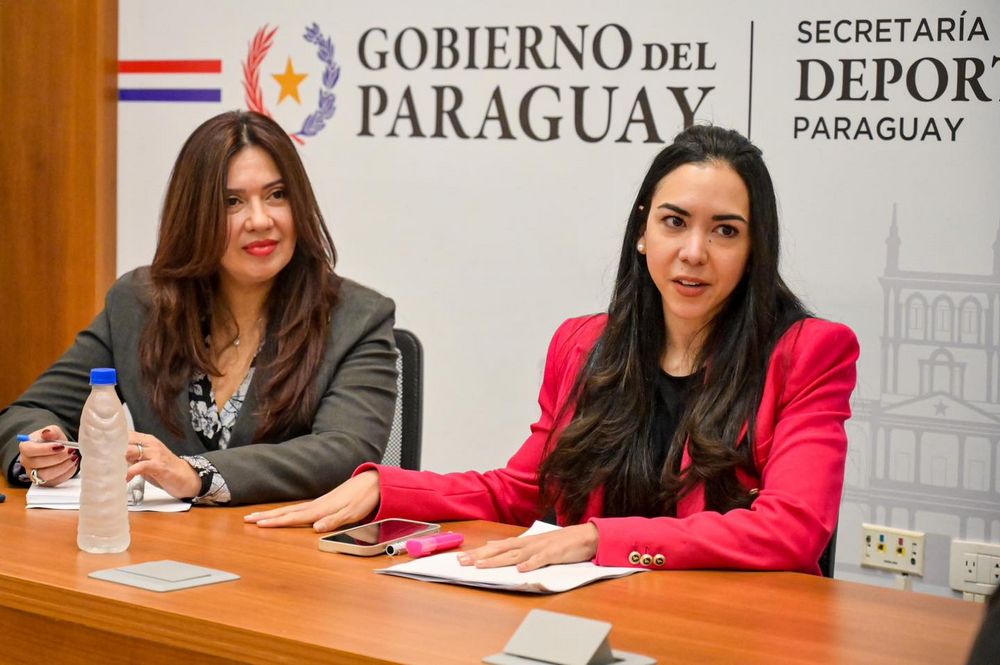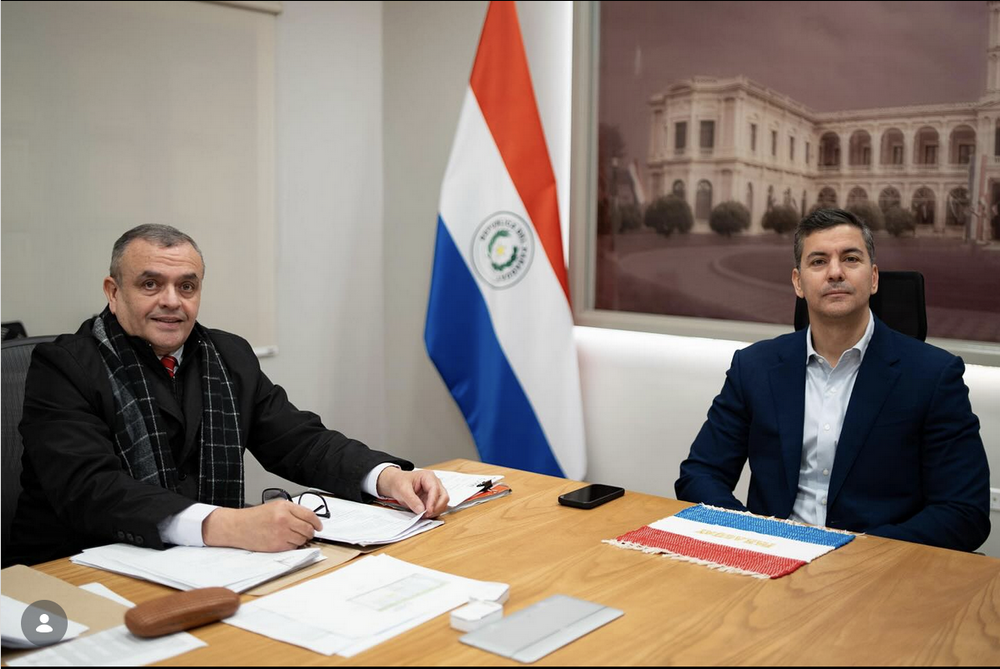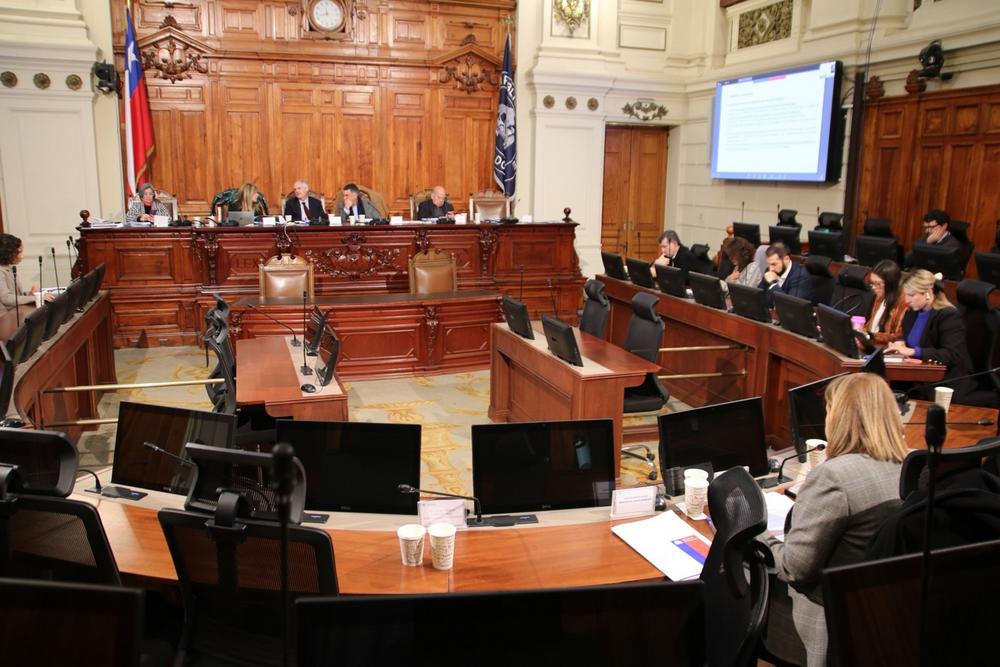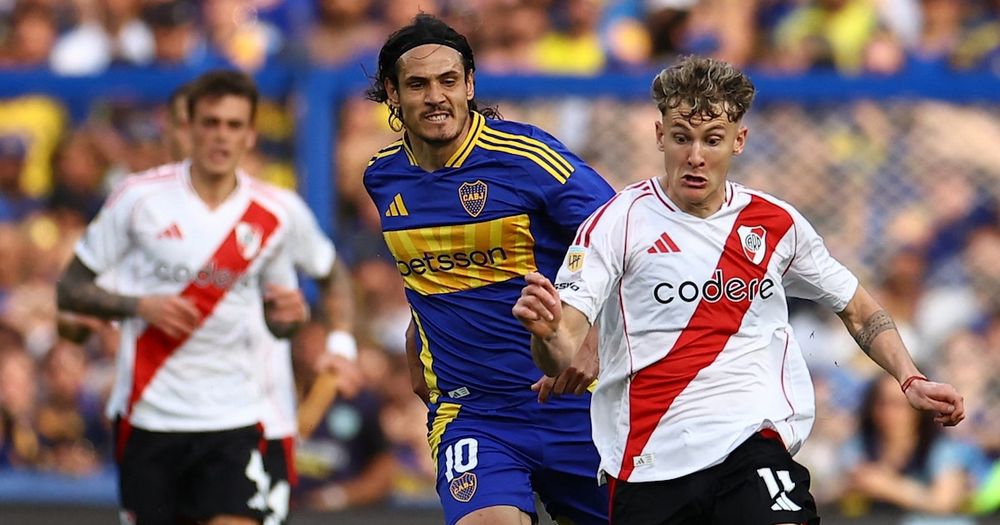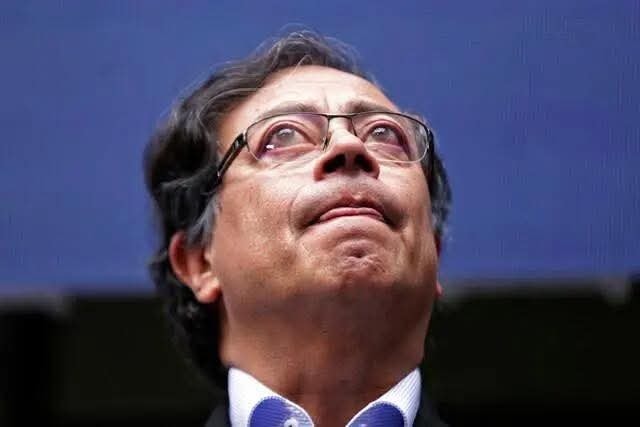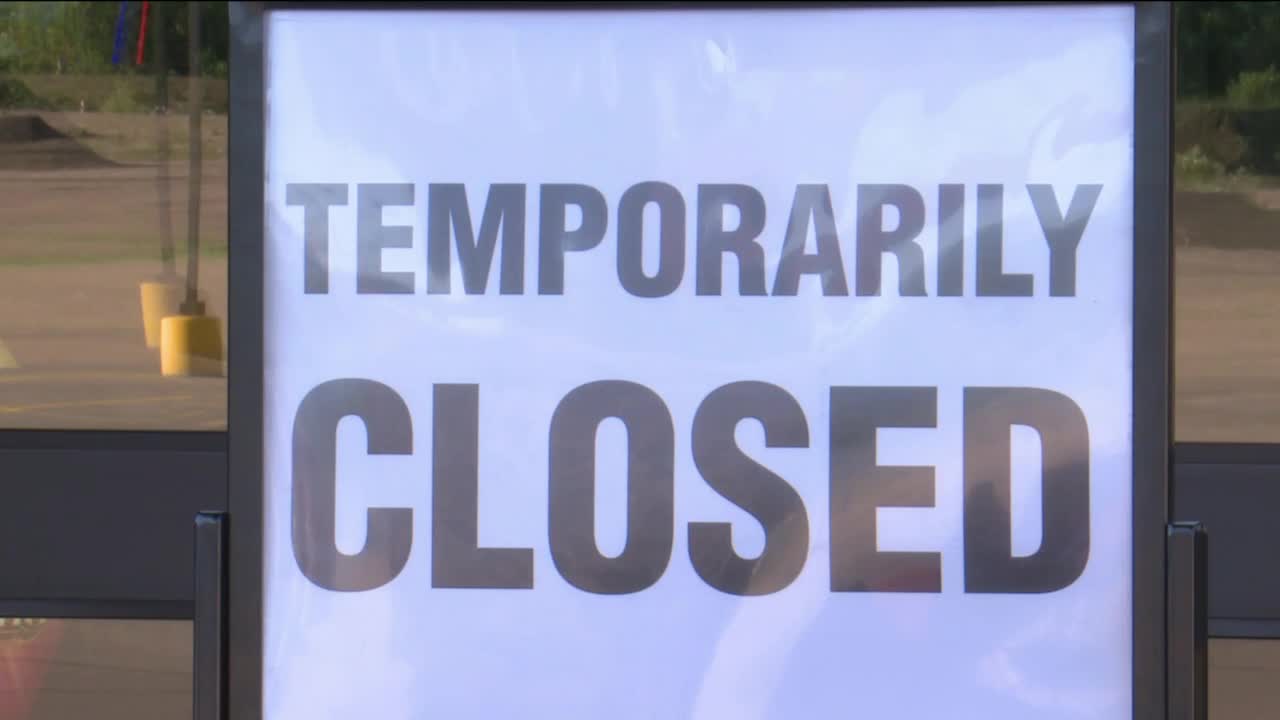After becoming aware of all the CONMEBOL events, an extraordinary meeting was held in Colombia between the Dimayor authorities, the local league and officials from the Ministry of Sports to outline a joint strategy to prevent the advancement of this phenomenon. on the Colombian fields.
Fernando Jaramillo, President of Dimayor, confessed: “We have had alerts about matches in the B tournament (…) and where actions have been taken to initiate investigation processes”…
Although he did not specify which clubs are under scrutiny or which parties he is referring to, the leader assured that there is an agreement with the Prosecutor's Office to investigate and "be able to make decisions that avoid this type of behavior." Soccer “is contaminated and is not ideal,” added the person in charge of the first and second divisions of coffee football, both sponsored by a betting house.
While in Chile the Supreme Court declares them illegal, in Bolivia they forced the Federation authorities to suspend the tournaments due to suspicions about a corruption network that would involve referees, leaders and players. In Brazil there are players suspended from the activity for "life" and in Argentina more and more clubs choose them as technical sponsors.
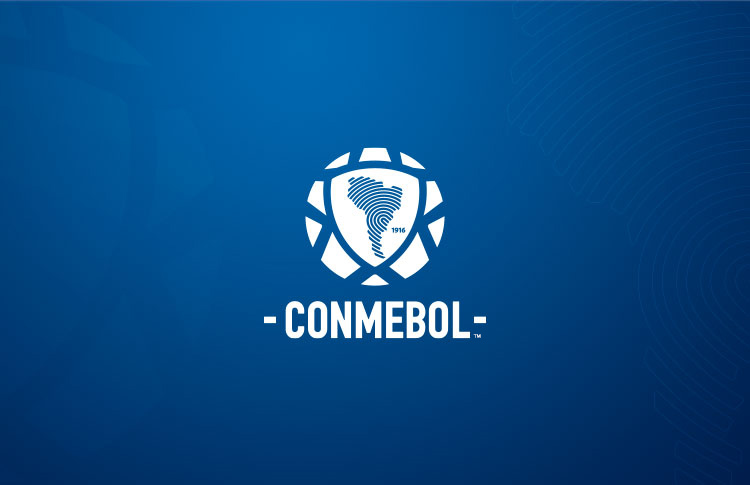
The phenomenon of sports betting strongly disrupted South American football and it seems that it is here to stay for a long time, causing all kinds of legal, technical and even ethical disputes. While the business grows by allowing users to bet from a cell phone app, the leaders of the clubs and associations that make up CONMEBOL are trying to achieve a balance between professional ethics and the dividends granted by the contracts offered by these new platforms.
The “fight” against the advance of match fixing caused by the offers made by different bettors to the protagonists began in Brazil with the investigation called “Maximum Penalty” that a few months ago declared eleven footballers guilty, including the youth player. Argentinean, Kevin Lomónaco, who confessed to having been cautioned in a match defending the colors of Bragantino. The Tigre player was disqualified by FIFA for 360 days and will not be able to carry out his professional activity.
In the middle of the trial, the Brazilian Government began to finalize the details to achieve the regulation of fixed-odds betting, known as sports betting. The decision seeks to formalize an area of public interest, establishing clear rules and guaranteeing a new source of income for Brazil, both for the governmental and fiscal areas and for the sports clubs and institutions themselves.
This Brazilian Government law contemplates the creation of a secretariat within the structure of the Ministry of Finance, in charge of analyzing documents to approve or reject the accreditation of betting companies in the country. In addition, said secretariat will supervise the volume of bets and the income generated.
On the other hand, the provisional measure establishes that only authorized companies will be able to receive related bets. Companies that are not authorized will be engaging in illegal practices and will be prohibited from carrying out any type of advertising.
A similar scenario occurs in Chile, where last week the Third Chamber of the Supreme Court of Chile granted a judicial action initiated by Polla Chilena de Beneficencia - a state company in charge of the administration of games of chance - and ordered to block the websites of online betting houses, accusing that they are not authorized by current national legislation.
The ruling came out unanimously and maintains that “online sports betting, such as the activity denounced by the appellant in the proceedings, is proscribed in our legal system, treating the debts contracted in said games of chance as an illicit object, as well as criminally sanctioning those who enable said activity as well as those who participate in it.”
The judicial decision occurs almost simultaneously with the presentation of a “protection appeal” by the ANFP due to the resolution of the Chilean Ministry of Justice, which gave it a period of 30 days to terminate its contract with Betsson. In the trans-Andean country there are no ongoing investigations against protagonists for having participated in this type of activities.
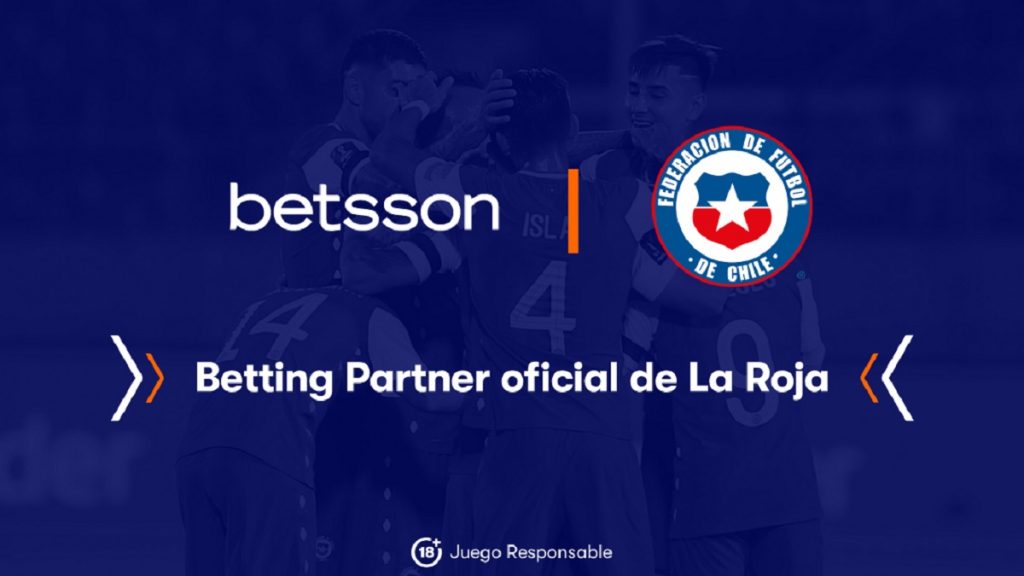
Meanwhile, in Bolivia the scenario is more complex: the 17 clubs of the Professional Division will undergo an abbreviated process by the CONMEBOL Disciplinary Court, and sanctions will be imposed if they are responsible. The decision was unanimous on the part of the leaders. After knowing the entity's resolution, it will be decided whether soccer tournaments will be resumed or suspended. The football has been “unemployed” for more than two weeks after the President of the FBF, Fernando Costa, denounced a corruption network that would involve referees, players and leaders.











